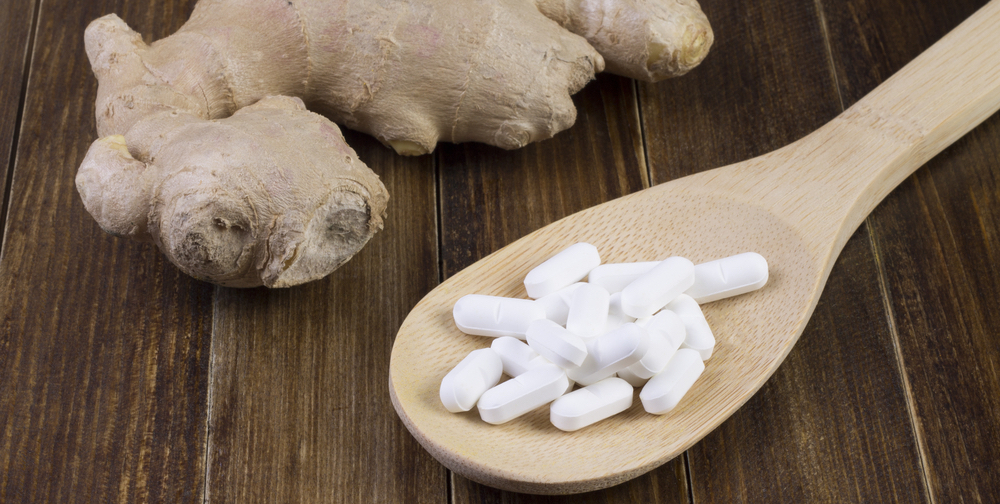Most of us have taken an aspirin at some point in our lives. Some of us take it every day.
Aspirin is a non-steroidal anti-inflammatory medication (NSAID) that is used to treat fever, mild to moderate pain, and inflammation in the body. It works by blocking substances in the body that cause pain and swelling. This helps to relieve the amount of pain sensed and reduces the inflammatory response.
Aspirin can also be used to lower the risk of a heart attack or stroke. It has blood-thinning properties, which means it can improve blood circulation and prevent blood clots. If you have high blood pressure or are at risk for heart disease, your doctor may recommend daily aspirin.
Despite the benefits, aspirin is still a drug. And, every drug has side-effects and risks. Some of these to watch out for include:
- Easy bruising and bleeding.
- Gastrointestinal bleeding.
- Intestinal damage.
- Kidney problems.
- Liver failure.
- Hearing loss.
- Tinnitus, or ringing in the ears.
- Haemorrhagic stroke.
The good news is that there are natural, heart-healthy alternatives to aspirin. Before popping your next dose, stop the pain with these instead:
- Ginger can work in the same way that aspirin does by blocking the enzyme that causes inflammation. It can also break down existing inflammation in the body. Like aspirin, ginger also contains salicylates; natural acids that thin the blood. This means it can keep blood from clotting, and prevent heart attack and stroke.
- Turmeric can be a potent anti-inflammatory. Its active element, curcumin, can help thin the blood and stave off blood clots. Turmeric can also help fight inflammation, reduce plaque build-up in the arteries, and improve blood circulation. It may be helpful in managing heart conditions, e.g. atherosclerosis (hardening of the arteries).
- Garlic is as useful as a blood thinner as aspirin, minus the side-effects. With its blood-thinning potential, it can increase blood flow and prevent heart conditions like atherosclerosis, high cholesterol, and high blood pressure. Garlic is also rich in antioxidants known to help combat free radicals that contribute to heart disease, cancer, and Alzheimer disease.
- Cayenne pepper has a high amount of blood-thinning salicylates and can improve blood circulation without raising blood pressure. It also has clot-busting effects and can be used for relief from angina and heart attack recovery. Capsaicin, the active ingredient in cayenne peppers, is a known painkiller and may help reduce nerve, muscle and joint pain.
Adding these to your diet can have multiple health benefits, such as decreasing inflammation, and helping to prevent cancer. However, if your doctor prescribed Aspirin, first talk to them about alternatives, before simply stopping your medication.
References:
- https://www.ncbi.nlm.nih.gov/pmc/articles/PMC4477151/
- http://www.medicaldaily.com/health-benefits-aspirin-how-acetylsalicylic-acid-relieves-pain-reduces-403554
- http://naturalsociety.com/instead-daily-aspirin-heart-health-use-one-natural-substances/
- http://www.livestrong.com/article/111921-natural-alternatives-aspirin-heart-health/
- http://www.healthline.com/health/high-blood-pressure/best-natural-blood-thinners#Turmeric3
- https://indiancountrymedianetwork.com/culture/health-wellness/natural-pain-relief-9-alternatives-to-ibuprofen-acetaminophen-or-aspirin/
- http://kingstonnaturalhealth.com/natural-alternatives-to-aspirin/


